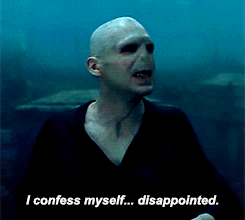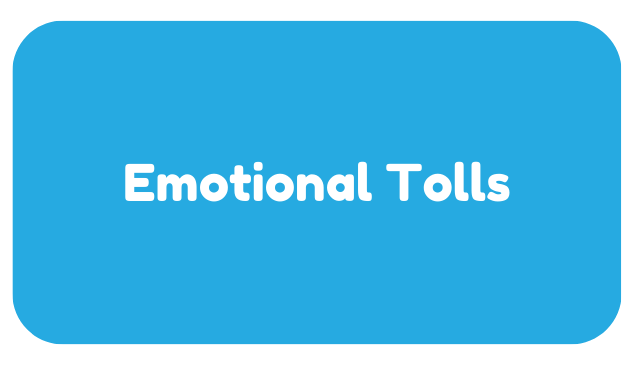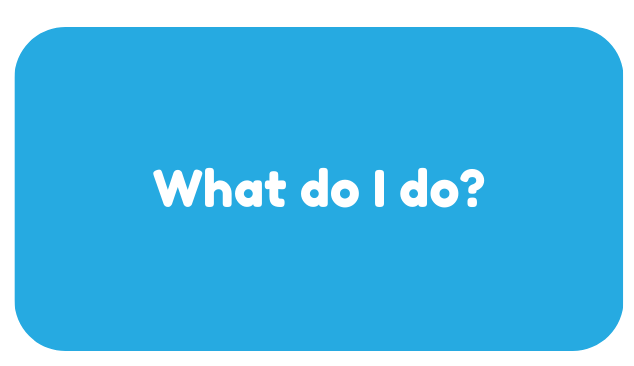Anyone can be Affected by an Eating Disorder.
Eating disorders are complex mental health conditions that impact many aspects of a person’s daily life including the people they surround themselves with.
How I see an eating disorder is being swallowed up by a hole. Everything that defines you, unfortunately, eventually goes down with you: your career aspirations, your willingness to have a social life and your hobbies. Before you even release it, your relationships, family and friends have fallen into the hole too. There is just darkness, bouncing from one corner to another and it feels like there’s no way out. No candles, no lanterns or no iPhone torch lights.
Anyone can be affected by an eating disorder. As we approach Eating Disorder Awareness Week, let’s be mindful of our theme. Growing up as a Muslim girl, in a British Pakistani household, food was always the centre of celebrations. Especially Eid festivals and family gatherings. In my home, mental health was not something one could openly discuss. It was probably seen as a weakness. But with time, that’s changed, like all things.
My mental health deteriorated because of my father becoming ill. This led to a loss of control in my daily life, so, as a very unhealthy coping mechanism, I abused my relationship with food. During this period, I was completely and unintentionally unaware of the impact the eating disorder had on the people around me. Truthfully, I felt the whole world was against me. I separated myself from everything that made me feel good. Why? I’m still trying to figure that one out, but I’ll let you know once I do. Anyway, I only wanted to feel negative emotions. Truly and utterly barbaric as Hermione Granger would say! Was I under some sort of spell? Sorry, I’ll stop with the Harry Potter references for now… It wasn’t until recovery began that I came to realise the damage inflicted on my relationships.

It was time to stop. Sometimes I describe the eating disorder I suffered from as being a negative voice in my head. When recovery began, the voice in my head, quietened and my true voice, the one that cared for my health and wellbeing spoke up. It was kind of like the scene in Harry Potter where in the last film, Voldemort kills the living horcrux in Harry. Anyway, thinking about the ways my family and friends were affected is honestly heartbreaking. It’s challenging to acknowledge how unwilling I was to even care at the time.
Years into recovery, for the first time, I asked a few members of my family and my dearest partner how they felt during the period I was suffering. Their responses ranged. I was able to categorise them into the emotional tolls faced, the challenges faced in relationships and uncertain questions raised from an observer perspective.



- Anxiety over the health of the sufferer
- Feeling a sense of hopelessness
- Feeling uncertain of the future
- Feeling guilt and questioning whether one contributed to the disorder in any way
- Regret
- Confusion
-
Why aren’t you socialising with friends?
- Why can’t we socialise?
- Struggling to understand what to cook at family meals
- Wondering why there is distance
-
Should we have family therapy? What are the implications of this?
- Support group for carers
- What can I do to avoid this occuring in the future?
- Fear over the worst case scenarios.
- How can I understand this better?
Gaining insight and understanding of how the people around me were affected, physically and emotionally was incredibly sad. The eating disorder wasn’t just consuming me, it was consuming them too. Sadness was evident in the words they shared with me, but also anger, which I did not know. The point is, that we really cannot comprehend the impacts and effects of eating disorders. It’s a negative chain of effects. You fall first and slowly everything around you begins to fall, and all we see is darkness. None of us are aware of how the other feels. Connection and interaction are essential parts of recovery. They provide us with a sense of belonging, emotional support, encouragement, and personal growth which positively influence our mental health leading to happier lives.
The moral of the story is, that eating disorders affect everyone. They affect the sufferer, they affect the sufferer’s lover, their family, their friends and their community. In different ways. We will never understand how the other feels unless we communicate. I anticipate in some families, talking about mental health challenges is incredibly challenging or non-existent, but it only takes one to break that cycle. Taking the step to communicate with one person you feel comfortable with is a great start, it doesn’t have to be your entire circle. Communication is important to understand our emotions and anxieties. It’s only then with a transparency of information that true knowledge and awareness can allow for appropriate implementations. We can create plans, take steps together, say the right things, and hold each other’s hand in a way that we will all feel heard.
Learning and growing. Making mistakes, saying the wrong things but learning and growing again. Growing stronger. Overcoming any difficulties. Together.



